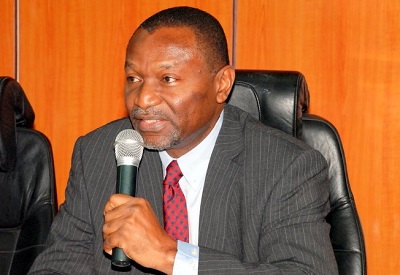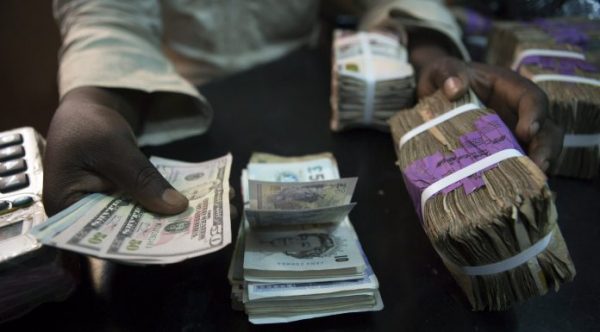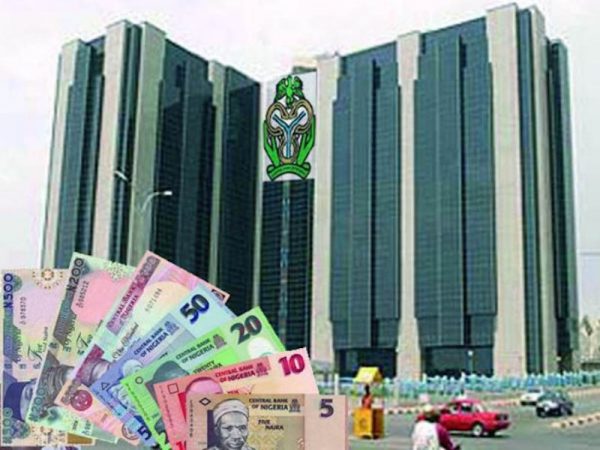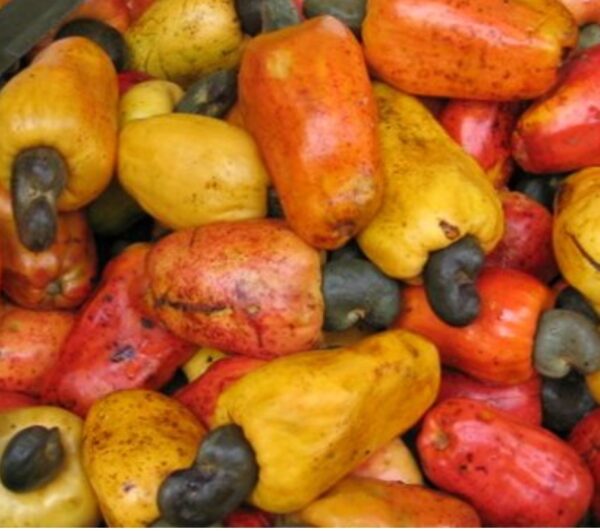External reserves hit three-month high, near $25bn
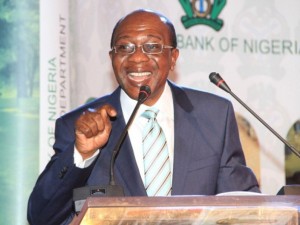
The nation’s foreign exchange reserves have risen to a three-month high of $24.97bn from a low of $23.89bn on October 19, the latest data from the Central Bank of Nigeria has shown.
The reserves have dropped by 15.9 per cent from last year when they closed at $29.7bn.
The reserves declined to $24.92bn on September 14 from $25.11bn on September 9, according to the data.
At the end of November, the reserves stood at $24.77bn, up from $23.95bn on October 31.
The CBN had on June 20 lifted its 16-month-old currency peg and auctioned about $4bn on the spot and futures market to clear a backlog of dollar demand to help boost interbank market trading.
The reserves fell from $26bn on August 4, 2016 to $25.97bn on August 5 as the central bank stepped up dollar sales to boost liquidity at the interbank market and support the ailing naira.
The naira, which touched an all-time low of 365.25 per dollar on August 18 at the official market, has consistently closed around 305.5 in recent weeks.
Analysts at FBNQuest, a part of the FBN Holdings Group, in a note entitled ‘A rare increase in reserves,’ said the CBN data showed that gross official reserves picked up by $820m in November on a 30-day moving average basis to $24.8bn.
They noted that the monthly average movement had been an outflow of $430m over the past 12 months.
“This first sizeable increase since July 2015, when the forex holdings of public bosies were transferred to the CBN, is apparently due to the disbursement of $600m by the African Development Bank in the form of budget support. We do not see another inflow on this scale until the first quarter of 2017, when the sovereign Eurobond is due to be launched,” the analysts said.
According to FBNQuest, the reserves may appear comfortable according to one traditional measure: on the basis of the balance of payments for the 12 months through to end-June, they provide cover for 6.6 months’ merchandise imports and for 4.6 months when we add services.
It said, “The cushion is not wholly the CBN’s. Its latest figures (from June) show that it is the owner of 73 per cent of reserves.
“Given the oil price and allowing for the OPEC accord in Vienna last week, and seeing still robust import demand, the CBN is playing cautiously. Since August, it has sold just $1.5m per day. In addition, it has honoured four forward contracts since the devaluation/liberalisation in June, and held a special forex auction for petroleum marketers this week.”



